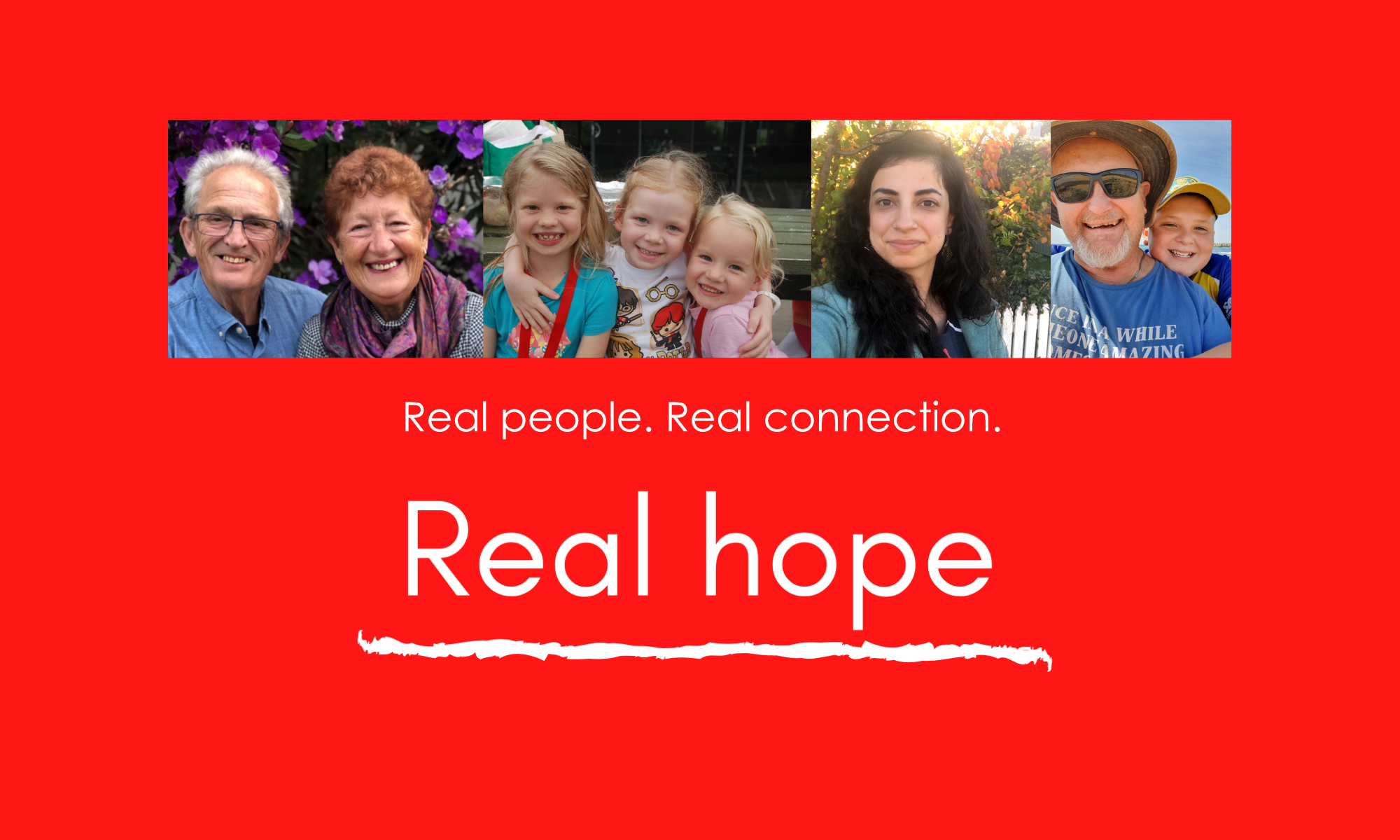Dear Friends,
Last week I received a circular email from Bishop Haywood about various matters relating to regional arrangements, mostly related to COVID – 19 matters. Towards the end he said what is reproduced below.
In the interests of full disclosure, the Marshall Ballantine-Jones mentioned is my son. Formally he was Rector in the parish of Earlwood and then in charge of publishing at Youthworks. He is the father of four children. For the last three years he has been doing a PhD at Sydney University on the subject of the impact on children of pornography, including the effects of the internet.
This is the part of the Bishop’s letter that introduces Marshall’s advice. I earnestly commend it to all parents.
Lastly, I want to raise with you an important issue. In the Archbishop’s letter this week, he reminded us that home isolation could lead to increases in domestic violence, alcohol abuse, and pornography problems. Please take appropriate steps to warn your congregations about this. Furthermore, now would be a good time to encourage parents to review how they are keeping their kids safe from internet pornography and other dangers.
I commend to you this advice from Marshall Ballantine-Jones, who is the chair of the Archbishop’s Taskforce for Resisting Pornography.
The risk of damage to a child/teen from exposure to porn, sexualised media, and excessive social media use is now indisputable. The science is unambiguous – their brains are radically corrupted, their sexual systems are being ruined, and their long-term ability to develop self-control, not only in these problem areas, but in general, is greatly diminished. Parents must take this seriously. They are the first and last line of defence for their kids.
As a priority, Parents should up-skill in these three areas:
a. Understanding the risks and harms caused by exposure to sexualised media and excessive social media use (noting that ‘social media use’ is not necessarily sexualised but invokes the same neurological systems as porn. Girls are much more at risk here, since they are more inclined to be addicted to such behaviours).
b. Developing and practicing more open conversations about sexuality, technology and the online world. The first source of information for a young person should be the parent. Speak early, speak often, and speak well.
c. Parents must control their child’s use of technology – both when, where and what! If they are not using filtering software like FamilyZone, with strict rules about tech use location (e.g. only in living rooms, NEVER in bedrooms or bathrooms, not more than an hour a day), and a constant monitoring of what they watch, say and do (including social media accounts), then they are kidding themselves. Young people’s brains do not have the biological development to withstand the constant dopamine-triggering algorithms that tech-companies unleash to create addictions to their apps. And once a teen has masturbated to porn, the inbuilt neural triggers become all-consuming. Parents need to strategise and develop clear boundaries for all tech-related behaviours. Expect push back, and prepare for fights and tantrums.
The eChildhood website has excellent resources to assist parents in having age-appropriate conversations with their children about the harms of pornography.
For parents of children: https://www.echildhood.org/resources_for_parents_of_children
For parents of teens: https://www.echildhood.org/resources_for_parents_of_teens
In particular, I recommend the following:
a. The Culture Reframed Parents Program for parenting Tweens and Teens. They are excellent, and cover a lot of the major issues parents need upskilling in.
b. For problematic porn behaviours – consider the Fortify Program by Fight the New Drug. Also, professional counselling will be enormously helpful to help teens untangle confused feelings, compulsions, and develop life strategies.
Marshall Ballantine-Jones
Your friend,
Bruce Ballantine-Jones
Acting Rector

Campbelltown Anglican Churches
Come join us! We are a Jesus church and Bible church in South West of Sydney